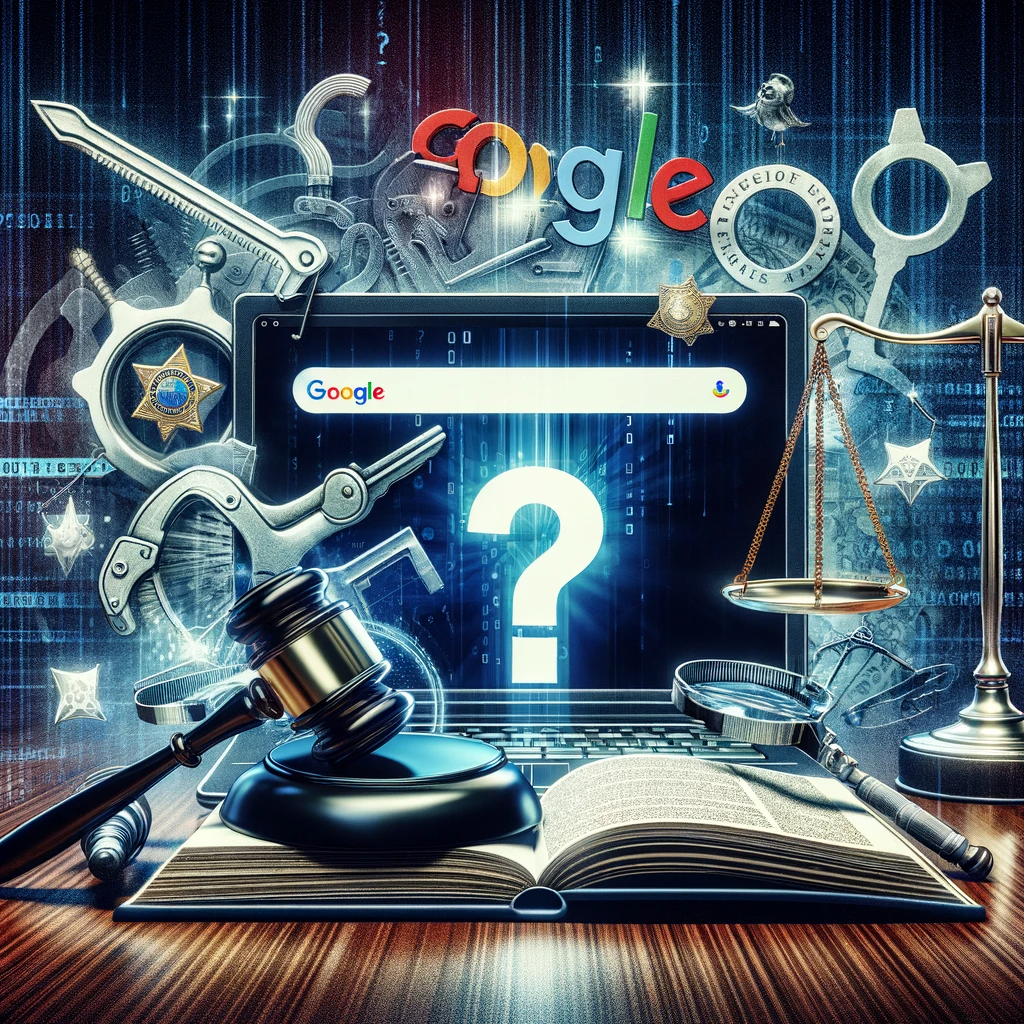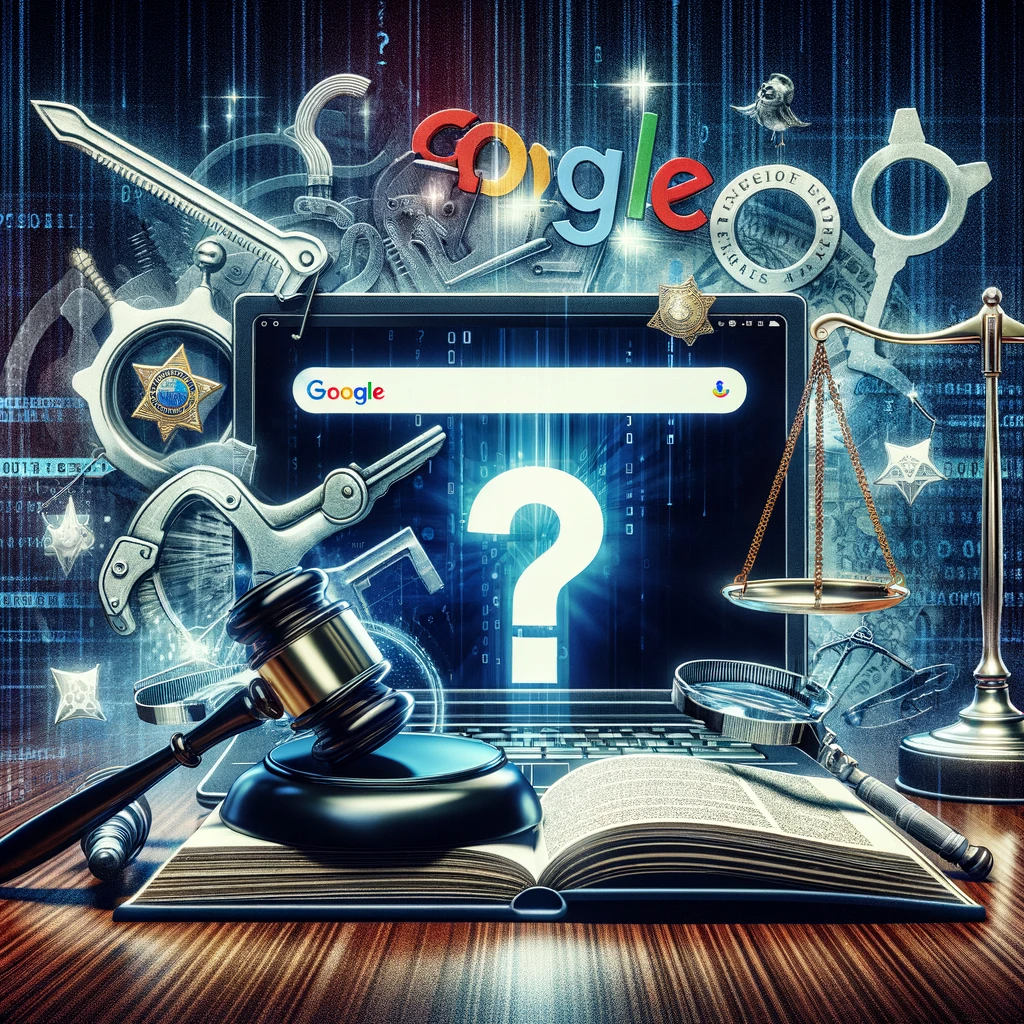In a recent legal filing, the Electronic Frontier Foundation (EFF), the National Association of Criminal Defense Lawyers (NACDL), and its Pennsylvania chapter raised concerns about a new investigative technique employed by the police, involving Google’s search technology. The technique, known as a keyword search warrant, gained attention after its pivotal role in a 2016 case where a Pennsylvania woman was raped.
Following the assault, law enforcement sought information from Google on users who had searched the victim’s name or address in the week leading up to the incident. Google responded by providing the IP address of an individual who had searched the victim’s address shortly before the crime. This breakthrough led to the monitoring and subsequent arrest of a corrections officer, who was convicted based on this evidence.
Privacy vs. Investigation

However, the EFF and NACDL argue that keyword search warrants represent a significant threat to privacy rights. They liken these warrants to digital dragnets that allow the government to extensively delve into private information. Michael Price from the NACDL Fourth Amendment Center emphasized the need for the Pennsylvania Supreme Court to consider the constitutionality of such warrants.
Legal and Societal Ramifications
The debate surrounding these warrants has intensified, especially in the context of the US Supreme Court’s recent decisions. Privacy advocates fear that these broad investigative techniques might not only infringe on privacy but could also be used to prosecute individuals seeking abortions in states where it’s illegal.
While Google ceased its response to geofence warrants in December, EFF’s Andrew Crocker emphasized that this change amplifies the importance of scrutinizing the legality of keyword search warrants. With law enforcement increasingly seeking innovative investigative tools, the potential popularity of these warrants raises concerns regarding citizens’ privacy and constitutional rights.
As legal battles unfold and technology continues to evolve, the balance between effective law enforcement and safeguarding individuals’ privacy remains a key challenge for courts and lawmakers alike.

I am a law graduate from NLU Lucknow. I have a flair for creative writing and hence in my free time work as a freelance content writer.
